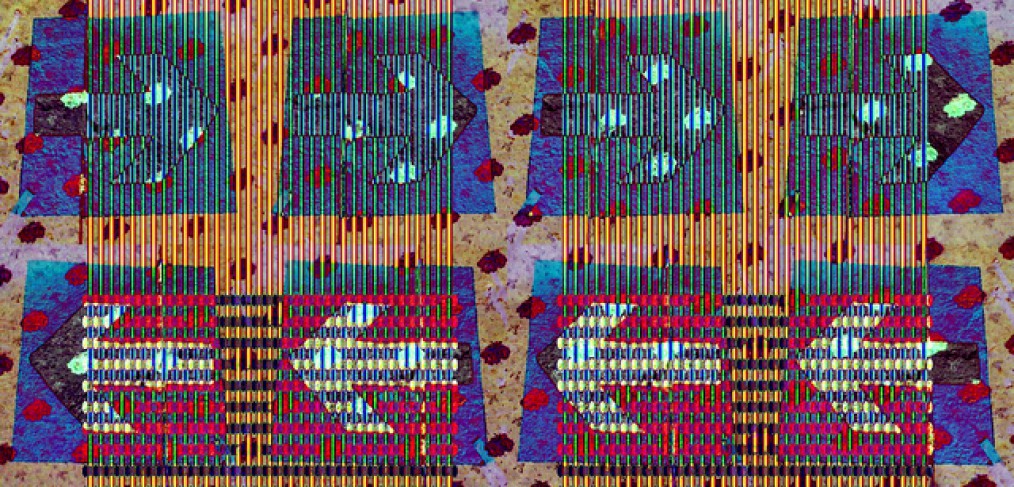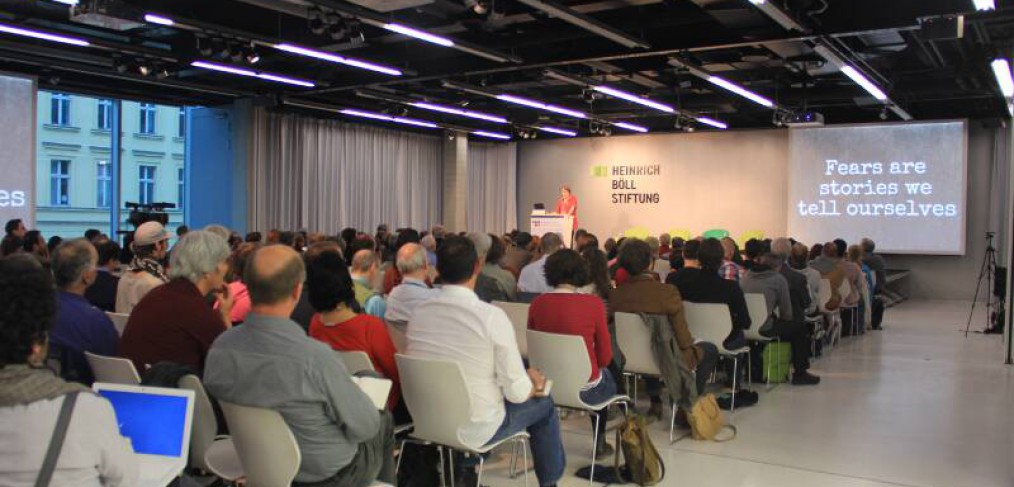“We need to stop looking for definitions of the Commons as a notion, as a concept, because in fact it’s not about a thing but a way of being in the world” Silke Helfrich of Commons Institute and the Commons Strategies Group interviewed by members of Zemos98 during last November’s European Commons Assembly in Brussels.
A step through the city of the Commons of 2040, an environment that can provide the conditions and infrastructures for commoning in urban areas.
Patterns of Commoning is arguably the most accessible and broad-ranging survey of contemporary commons in print.
A detailed infographic based on Silke Helfrich’s shorthand comparison of the logic of the market and the logic of the commons (as well as their core beliefs).
This Commons Creating Peer Production can and must be enhanced by a larger “structural design” of protocols and infrastructures (Internet style), but certainly no “governing body”.
We can only promote the commons as a new narrative for the 21st century if they are identified as a common denominator by different social movements and schools of thought. In my point of view, enforcing the commons would be not only possible, but strategically intelligent.
As long as human societies exist, so do the commons, embodied in very diverse social practices. As form of governance, they have endured longer than any State in human history.






